|
“You were born with wings. Why prefer to crawl through life?” -Rumi Have you ever encountered bliss by spinning around in circles? I remember moments from my childhood, particularly when I was dressed in a ballerina’s tutu, standing in a field of grass, when I felt overcome by the desire to twirl. I relaxed my arms and closed my eyes as my feet shifted in a rhythmic pivot through the cut grass. The air gently massaged my skin and love flooded my being as I took continuous steps of letting go. Often times in our culture, we are trained to stay safe. Elders discourage us from this action by saying, “You will become dizzy and fall and hurt yourself!” Choosing safety sometimes means giving into our ego’s desire to survive. But, through the action of spinning, we tap into an even greater aspect of adventure and surrender to a greater loving force. “Close your eyes, fall in love, stay there.” -Rumi As the most famous love poet in the world, a thirteenth century man, Jalal-ad-Din-Muhammad Rumi, commonly known as just Rumi, found poetry, music, and dance as paths to connect with God, or the Divine. With roots in Islam, he expanded and taught the universality of all religious experience with the goal to achieve ultimate union. Similar to the message of the great prophets Buddha, Muhammad and Jesus, he imparts that through the journey of life, if the seeker turns towards the truth, grows through love, and abandons the ego then, he or she will find truth and arrive at peace. Then, the seeker can return from the spiritual journey with maturity and love to serve all of creation without discrimination of nations, classes, races, and beliefs.
During his path to find this enlightenment, he started whirling as a type of dance. It is believed that as he whirled, his followers would record the poetry that sprang forth from within him. Rumi himself whirled for thirty-six hours unceasingly and finally fell, because the body could not spin anymore. But when he opened his eyes, he had transformed into another man.
0 Comments
Palm Sunday celebrates the laying of palm leaves in front of Jesus’ path, as he rode into Jerusalem on a donkey, from the Mount of Olives. In Ancient Rome, a palm frond, and even the tree itself, is one of the most common representations of victory. Victory signals an end to a conflict, therefore, the palm developed into a symbol of peace. The donkey is also a symbol of peace, whereas the horse is a symbol of war.
|
Hannah Faulkner
|
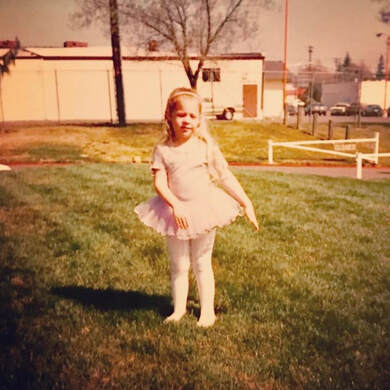
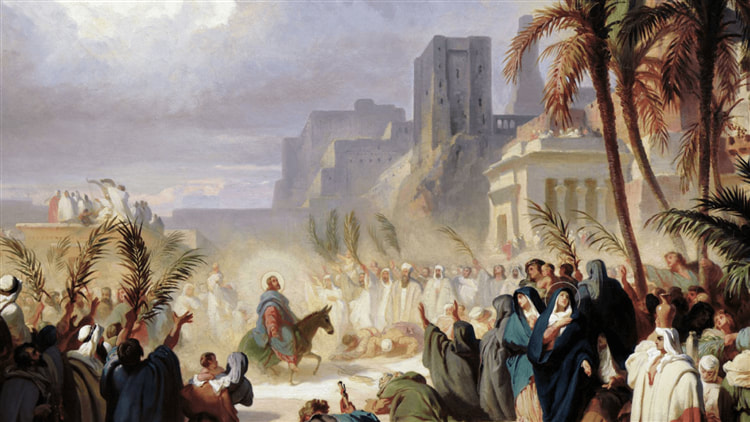


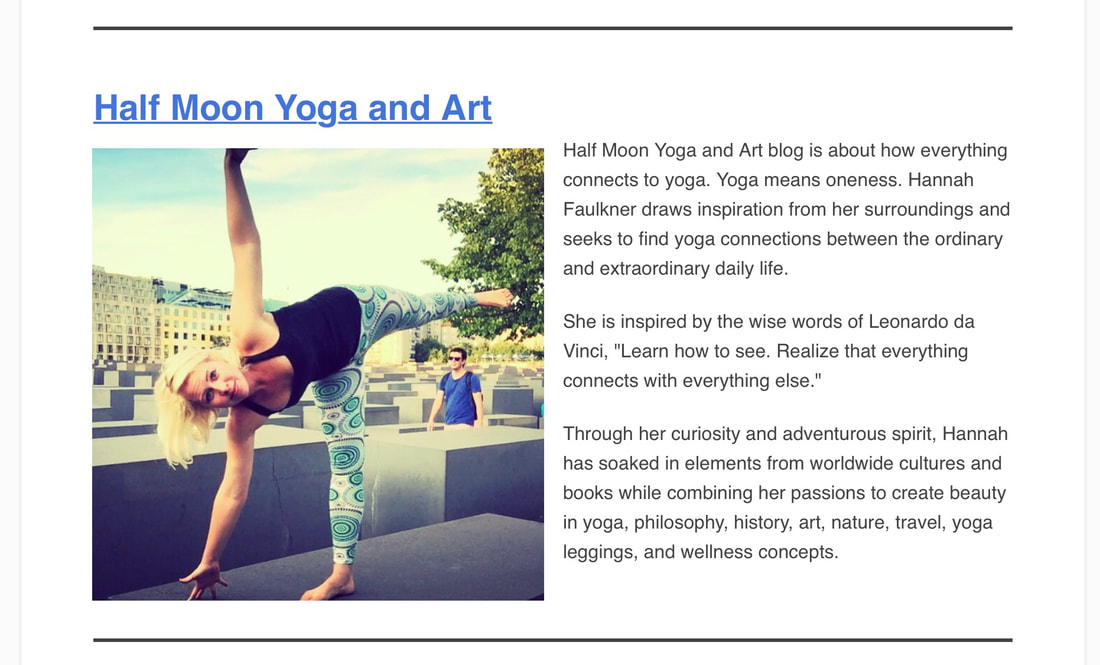





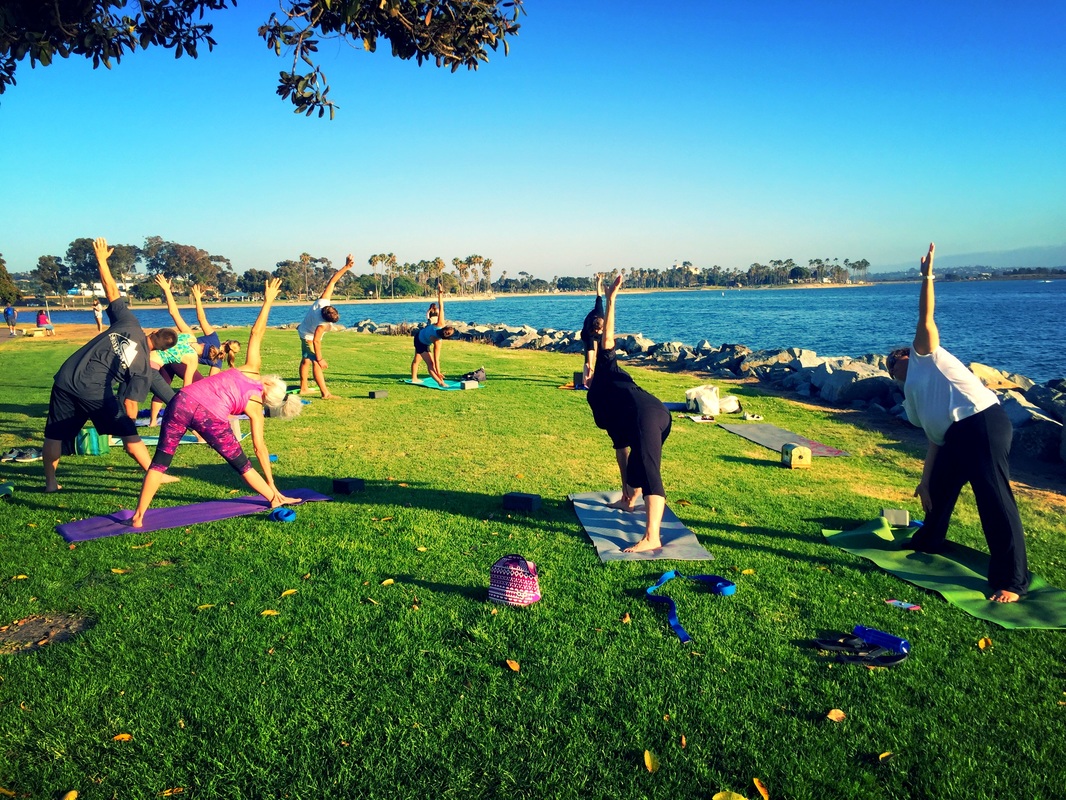
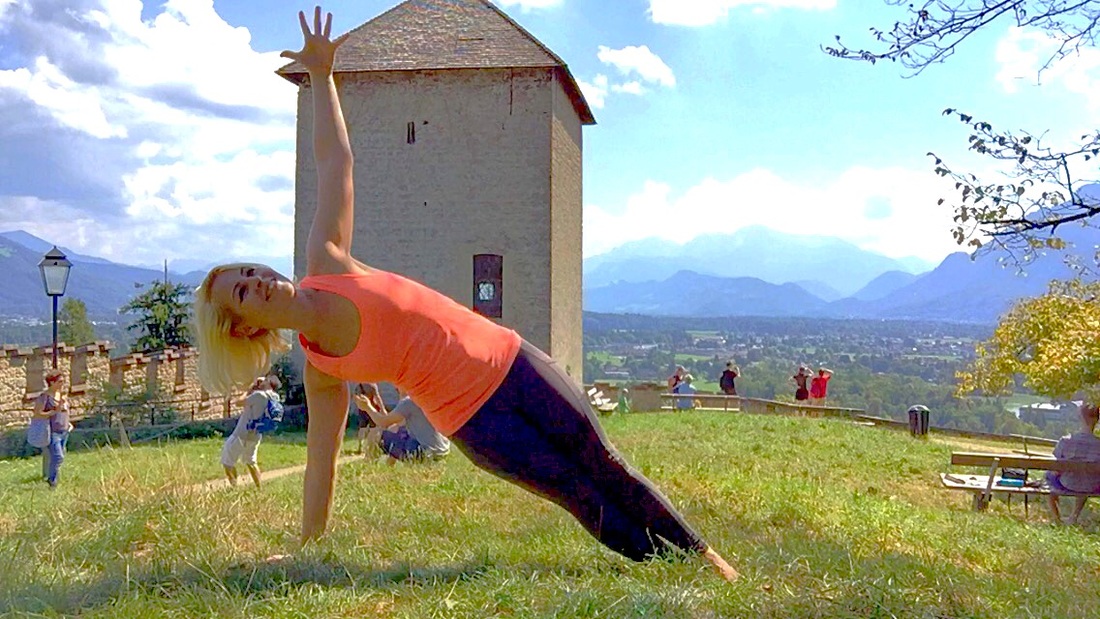
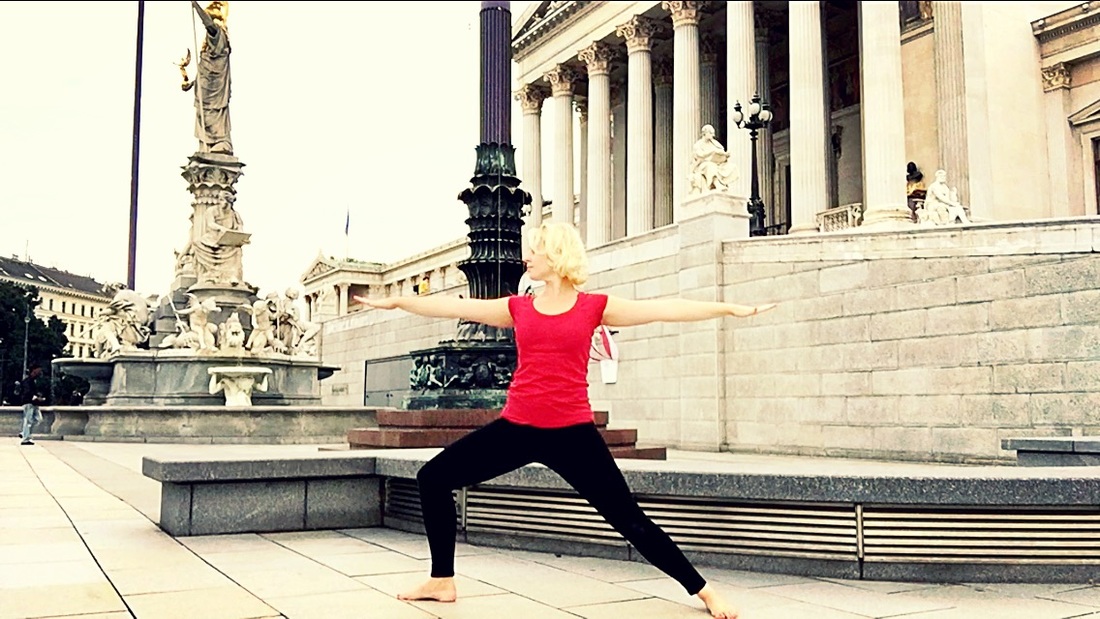
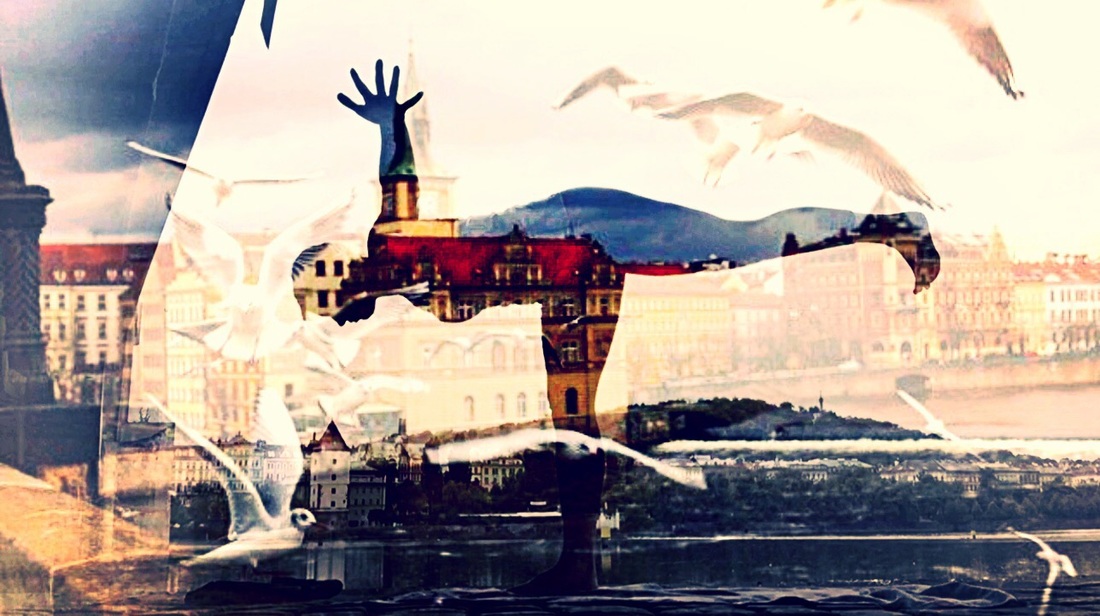
 RSS Feed
RSS Feed